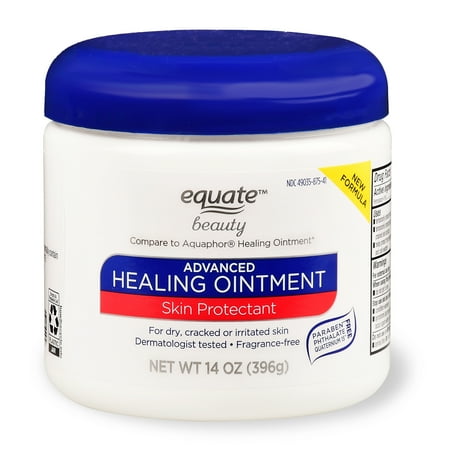Old Spice Pure Sport High Endurance Body Wash, 18 fl oz each, 2 Pack
Using that is like chumming the air for quite girls who’re doctors that supermodel of their spare time. They might not be capable of see the source of the square-jawed quarterbackliness hanging inside the air until they begin biting on you. And through then, it is manner too late for them. Old Spice Hair + Body Wash cleans body, shampoos hair and situations hair.








Old Spice Pure Sport High Endurance Body Wash, 18 fl oz.every, 2 Pack: Contains the clean, version-eye-catching fragrance of victoryComes in crisp, easy scents cooked up in our Old Spice heady scent kitchenIncreases your awesomeabilitynessCreates preference to climb tall mountains without a doubt due to the fact they exist





Reviews
There are no reviews yet.